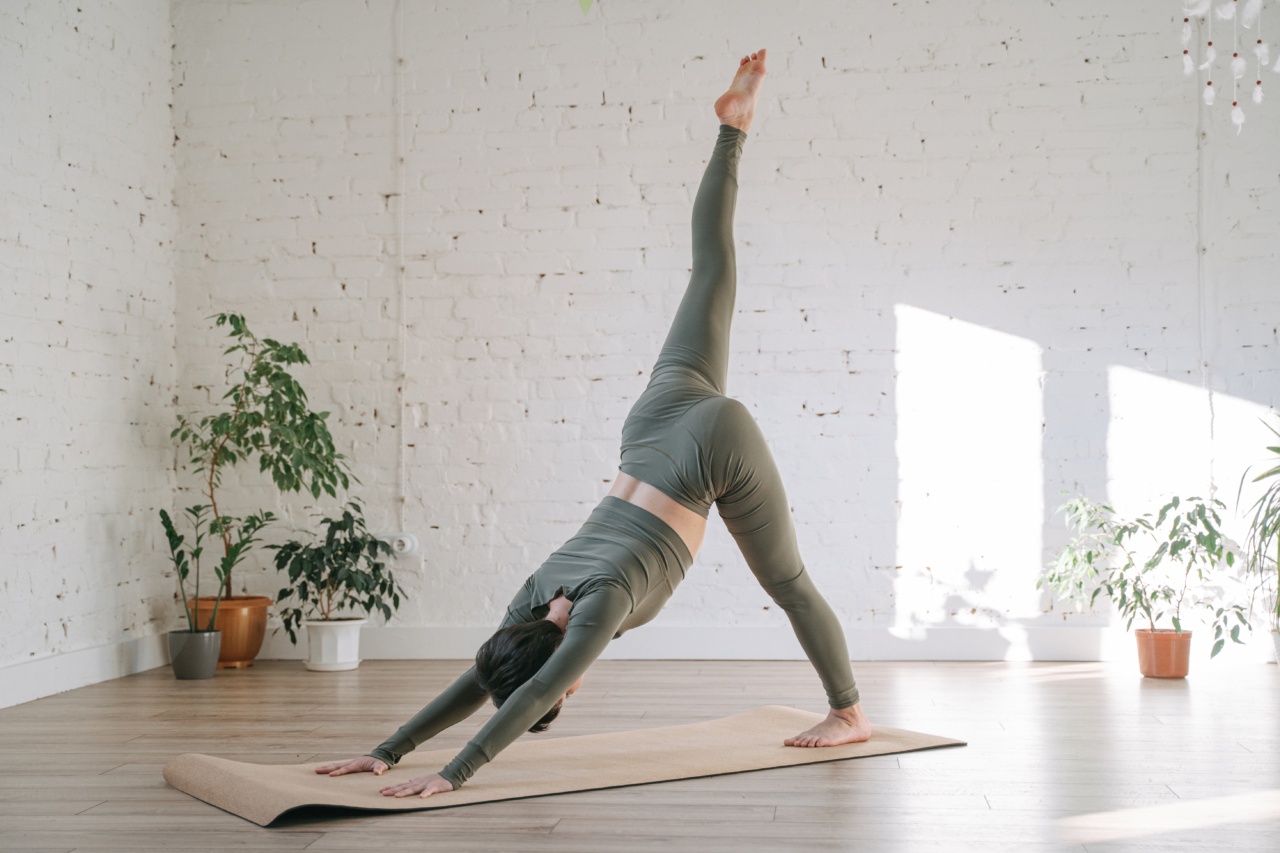Exercise is not only beneficial for our physical health, but it also plays a crucial role in promoting mental well-being.
Engaging in different types of exercise can have a profound impact on our mental health, helping to reduce symptoms of stress, anxiety, and depression. In this article, we will explore how various forms of exercise can benefit our mental health and improve our overall well-being.
1. Cardiovascular Exercise and Its Mental Health Benefits
1.1 Improved Mood:.
Engaging in cardiovascular exercise, such as running, swimming, or cycling, can significantly improve our mood.
When we exercise, our brain releases endorphins, which are feel-good chemicals that boost our mood and reduce feelings of stress and anxiety.
1.2 Reduced Stress Levels:.
Cardiovascular exercise can also help to reduce stress levels. Physical activity stimulates the production of neurotransmitters like norepinephrine, which moderates our brain’s response to stress.
Regular cardio workouts can make us more resilient to stressors in our lives and improve our overall mental well-being.
2. The Power of Yoga for Mental Health
2.1 Stress Reduction:.
Yoga is a mind-body practice that combines physical postures, breathing exercises, and meditation. It has been proven to reduce stress levels by promoting relaxation and fostering a sense of calmness.
Regular yoga practice can also improve our ability to cope with stressful situations and enhance our overall mental resilience.
2.2 Improved Sleep:.
For individuals struggling with sleep disorders or insomnia, practicing yoga can be incredibly beneficial.
The relaxation techniques used in yoga, combined with controlled breathing and mindfulness, help to reduce anxiety and promote better sleep quality.
3. The Mental Health Benefits of Strength Training
3.1 Boosted Self-Esteem:.
Strength training involves activities such as weightlifting, resistance band exercises, or bodyweight exercises. Engaging in regular strength training can lead to improvements in body image and self-esteem.
As we become stronger physically, we also become stronger mentally and gain confidence in our abilities.
3.2 Enhanced Cognitive Function:.
Strength training has been found to have positive effects on cognitive function. It can improve our ability to focus, make decisions, and solve problems.
Additionally, strength training can increase the production of growth factors that support brain health and the development of new neurons.
4. The Benefits of Mindfulness Exercises for Mental Well-being
4.1 Stress Reduction:.
Mindfulness exercises involve focusing our attention on the present moment, without judgment. Techniques such as deep breathing, meditation, and mindful walking can help to reduce stress and anxiety levels.
Regular practice of mindfulness exercises can lead to a greater sense of peace and well-being.
4.2 Increased Emotional Resilience:.
Mindfulness exercises can improve our ability to manage difficult emotions and increase our emotional resilience.
By cultivating a non-judgmental attitude and a deeper understanding of our emotions, we can better respond to challenging situations and avoid getting caught up in negative thought patterns.
5. The Role of Dance in Promoting Mental Health
5.1 Enhanced Self-Expression:.
Dance is a creative form of exercise that allows individuals to express themselves freely. Engaging in dance can boost self-expression and self-confidence, leading to improved mental well-being.
The rhythmic movements involved in dance also release endorphins, which contribute to feelings of happiness and pleasure.
5.2 Social Connection:.
Participating in dance classes or joining a dance group provides an opportunity for social interaction and connection.
Building meaningful relationships and sharing a common interest can significantly improve our mental health and overall satisfaction with life.
Conclusion
Engaging in different types of exercise can have a profound impact on our mental health. Whether it’s cardiovascular exercise, yoga, strength training, mindfulness exercises, or dancing, each form offers unique benefits.
By incorporating these activities into our lifestyle, we can reduce stress, improve mood, boost self-esteem, and enhance overall mental well-being. So let’s put on those running shoes, unroll the yoga mat, or dance like nobody’s watching – not only for our physical health but also for a happier, healthier mind.































